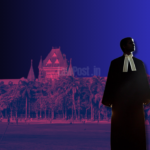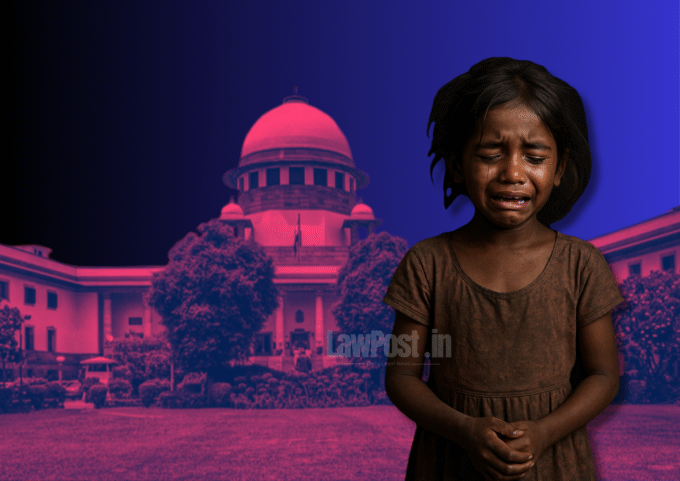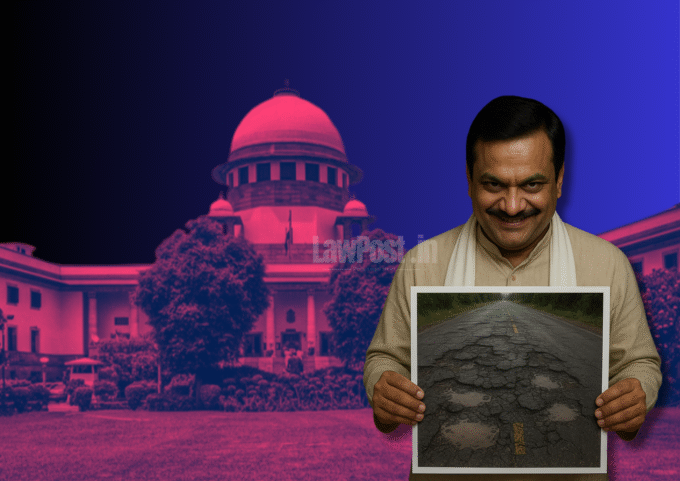The Supreme Court of India is set to hear a contentious case tomorrow concerning whether shouting “Jai Shri Ram” inside a mosque constitutes the offence of outraging religious feelings under Section 295A of the Indian Penal Code (IPC). The case challenges a Karnataka High Court verdict that quashed criminal proceedings against two men accused of such actions.
The appeal, filed by complainant Haydhar Ali CM, seeks to overturn the September 13 ruling by Justice M Nagaprasanna of the Karnataka High Court. The High Court had dismissed charges against the accused, Keerthan Kumar and Sachin Kumar, stating that their actions did not meet the criteria for an offence under Section 295A.
Background of the Case
The case stems from an incident in Dakshin Kannada district last year when the two accused allegedly entered the Badnya Jumma Masjid and shouted “Jai Shri Ram.” According to the complaint, they also threatened the mosque-goers, saying, “they will not allow Bearys (Muslims) to live in peace.”
The accused were booked under Sections 295A (outraging religious feelings), 447 (criminal trespass), and 506 (criminal intimidation) of the IPC. They later petitioned the Karnataka High Court to quash the FIR, which the court granted.
High Court’s Observations
In quashing the case, Justice Nagaprasanna stated:
“It is ununderstandable as to how if someone shouts ‘Jai Shri Ram,’ it would outrage the religious feelings of any class. When the complainant himself states that Hindu-Muslims are living in harmony in the area, the incident by no stretch of imagination can result in antimony.”
The High Court further noted that Section 295A is applicable only to deliberate and malicious acts intended to insult religious beliefs.
“The acts that have no effect on bringing out peace or destruction of public order will not lead to an offence under Section 295A of the IPC,” the court added.
The Appeal to the Supreme Court
The complainant, however, argues that the High Court failed to consider the broader implications of the incident, particularly given the context of alleged trespass and threats.
“The allegations in this case, at face value, indicate the commission of various offences,” the plea states, adding that the High Court adopted a narrow interpretation that could embolden anti-social elements.
The petition also raises concerns about the High Court’s approach to quashing the FIR at the investigation stage, emphasizing that the Supreme Court has consistently ruled against stifling legitimate prosecutions prematurely.
“The inherent powers under Section 482 (CrPC) cannot be used to stifle legitimate prosecution, particularly when the investigation is ongoing,” the plea contends.
Furthermore, the complainant highlighted the potential impact of the High Court’s observations:
“Such uncalled-for and unjustified observations will give a fillip to anti-social elements, who in recent times have resorted to religious and devotional chants to justify gruesome crimes like mob lynching and targeted attacks on minorities,” the plea argued.
Hearing Scheduled
The Supreme Court bench comprising Justices Pankaj Mithal and Sandeep Mehta will hear the appeal on December 16. The case has sparked significant debate about the boundaries between religious freedom, public order, and the protection of minority rights..








